Pros and Cons of Financing a Car

Deciding whether to lease your car or own it outright and finance it is not easy to do. Although owning might be seen as ideal, the advantages and disadvantages should be carefully considered.
For those who feel that making payments on a car and eventually owning it once the payments are completed is the right step, here are the pros and cons of financing a car.
ALSO SEE: Top 10 Cheapest Cars to Own Over 5 Years
Pros and Cons of Financing a Car
Pros
Freedom to Customize: You will eventually own this vehicle once the payment schedule is over, therefore, you can even modify or change parts of the vehicle to your liking even before completing total payments on the vehicle. If you didn’t own it, you’d have to deal with the issue of returning it to the dealer in stock condition when the lease is up.
Freedom to Sell Anytime You Want: Making finance payments towards a vehicle means you intend to own it once payments are done. That way, it is easier to sell the car even before payments are completed if you become bored or just want something different.
Lack of Mileage Limitations: Financing a vehicle lets you drive as many miles as you want and there are no clauses from a dealer limiting how much you can drive every year like in a lease program.
Save More Money in the Long Run: Financing a car means after completing payments over an agreed set loan term, the car officially becomes yours and you would have built equity represented by the car’s value at the end of payments. This represents value for your money because once you’re done paying it off, the money you used for payments is now money in the bank.
Cons
Repair Costs After Warranty: Since the intention is to own the car after making payments, any repair work after the factory warranty expires is on your dime. The average manufacturer warranty is usually 36,000 miles with powertrain warranty at 50,000 miles. This means possible repair costs may be something you will have to factor into your budget pretty early on.
Higher Monthly Payments: Paying monthly installments for the entire purchase price of a car you will eventually own usually results in higher monthly payments than a lease. Unlike a traditional lease, the full amount of the vehicle is being accounted for if you finance. Additionally, some cases require a sizable down payment depending on a buyer’s current financial situation.
ALSO SEE: What to Expect When Buying Out a Lease and How to Avoid Getting Scammed
Depreciation Costs: One of the major inconveniences of this approach to car purchasing is the initial steep depreciation that affects every new vehicle once a buyer drives it off a dealer lot. Depending on the vehicle brand, the rate of depreciation may significantly decrease with each year, but for some automakers with poor resale values, the rate of depreciation will continue to eat into whatever equity you have in your car.

Chidi loves talking about cars. He enjoys exploring the limits of new car technology and performance vehicles. When he is not writing features for AutoGuide, you will most likely find him perusing Kijiji or Autotrader listings for unique classic nameplates.
More by Chidi Ohiaeri


















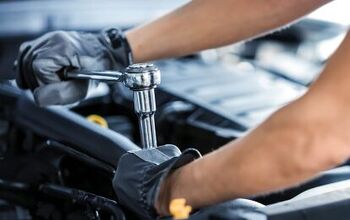

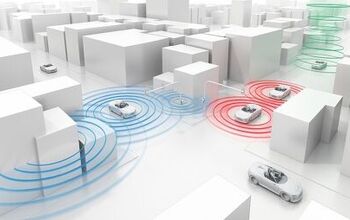
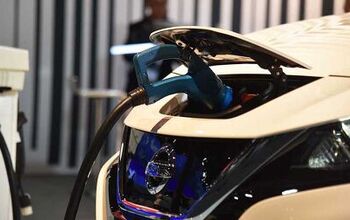



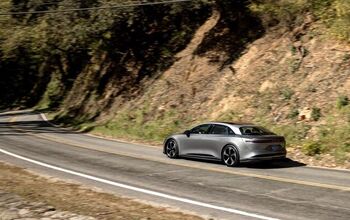

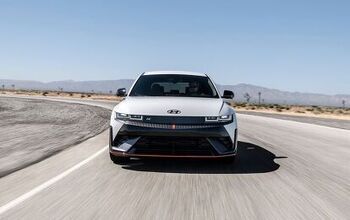
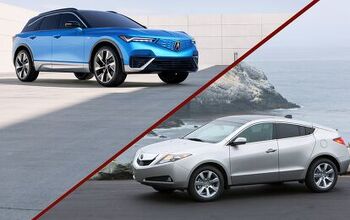
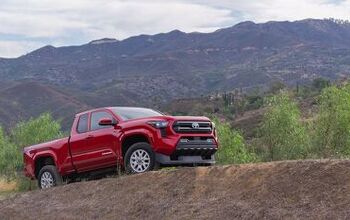

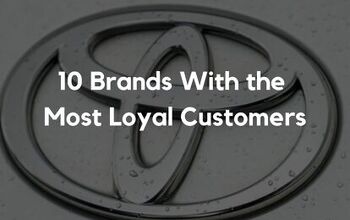
Comments
Join the conversation
Don't forget that if you were in an accident and the cost was 20% of the cars value you won't have to worry about the stealerships telling you they won't take the car back at end of lease.
Better idea. Pay cash. If you can't pay cash you can't afford it.